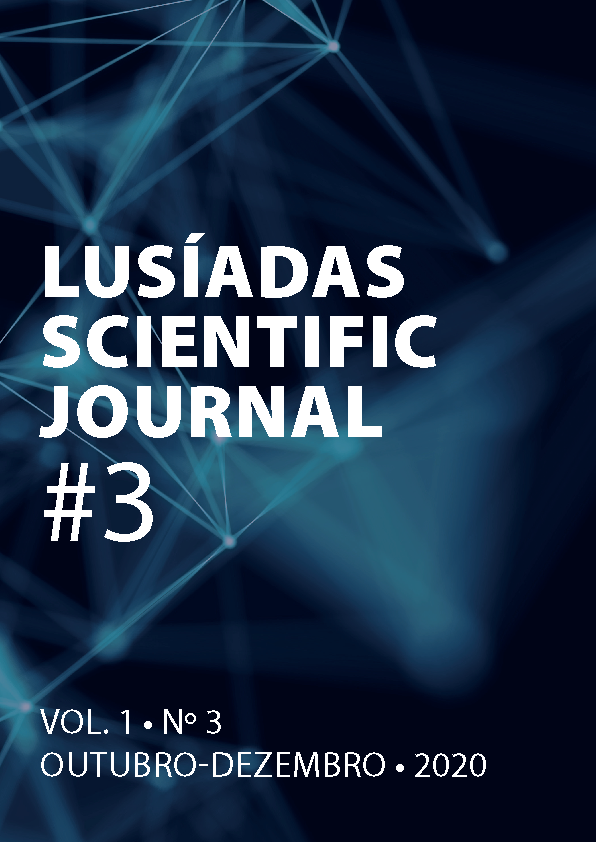Imagens em Medicina
Evolução (In)Esperada & Sequelas Desconhecidas
Conteúdo principal do artigo
A series of pneumonia cases caused by SARS-CoV-2 was described in late 2019 in China.1 The disease then named COVID-19 has a wide spectrum of clinical appearances, encompassing asymptomatic infection, mild upper respiratory tract illness, severe viral pneumonia with respiratory failure and even acute respiratory distress syndrome.1
The diagnosis of COVID-19 is currently confirmed by laboratory testing through identification of viral RNA in reverse transcriptase polymerase chain reaction (RT-PCR). Chest imaging has been considered part of the diagnostic workup of patients with suspected COVID-19 disease.2 Although computed tomography (CT) imaging findings should be interpreted with caution because normal chest CT imaging findings do not exclude COVID-19, nor even in symptomatic patients.3 [...]
References
1. Huang C, Wang Y, Li X, Ren L, Zhao J, Hu Y, et al. Clinical features of patients infected with 2019 novel coronavirus in Wuhan, China. Lancet. 2020;395:497-506. doi:10.1016/S0140-6736(20)30183-5.
2. World Health Organization. Use of chest imaging in COVID-19: a rapid advice guide. 11 June 2020 (WHO/2019-nCoV/Clinical/Radiology_ imaging/2020.1). Licence: CC BY-NC-SA 3.0 IGO. [accessed 28 October 2002] Available at: https://www.who.int/publications/i/item/use-of-chest-imaging-in-covid-19.
3. Manna S, Wruble J, Maron S, Toussie D, Voutsinas N, Finkelstein M, et al. COVID-19: a multimodality review of radiologic techniques, clinical utility, and imaging features. Radiol Cardiothorac Imaging. 2020 (in press) doi: 10.1148/ryct.2020200210.
4. Elharrar X, Trigui Y, Dols AM, Touchon F, Martinez S, Prud’homme E, et al. Use of prone positioning in nonintubated patients with COVID-19 and hypoxemic acute respiratory failure. JAMA. 2020;323:2336-8. doi:10.1001/jama.2020.8255.
5. Pan F, Ye T, Sun P, Gui S, Liang Bo, Li L, et al. Time course of lung changes at chest CT during recovery from coronavirus disease 2019 (COVID-19). Radiology. 2020;295:715-21. doi:10.1148/radiol.2020200370.

